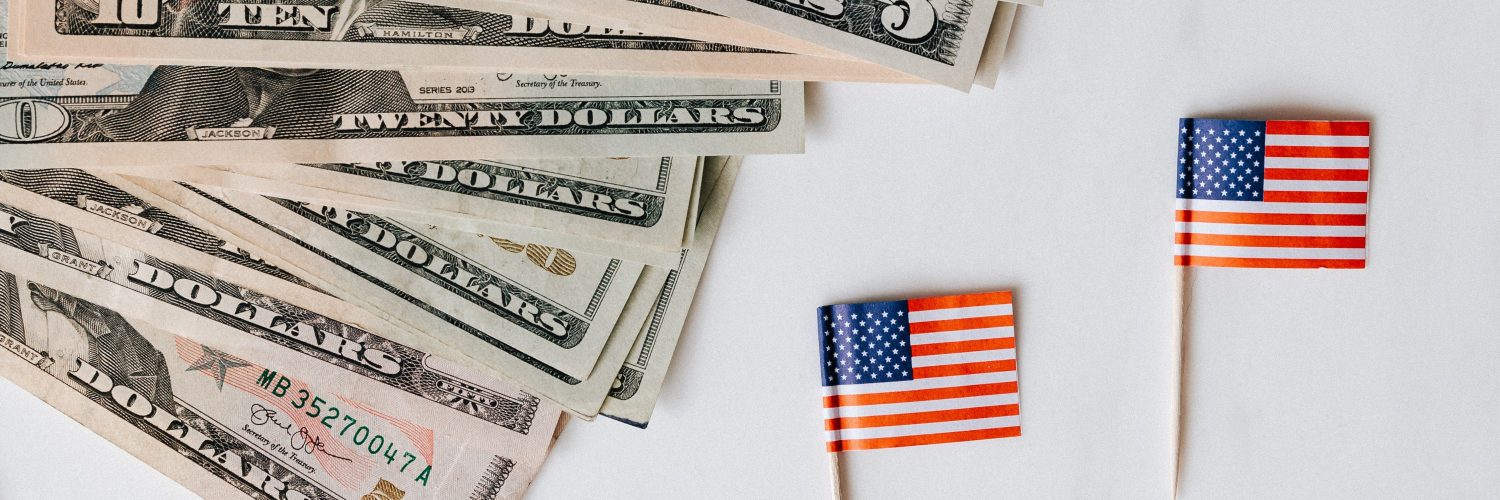Americans are rightly distressed by record-breaking inflation and increased cost of living. In response, some politicians have placed blame on corporate greed, accusing businesses of boosting prices to pocket more profits. For instance, in May, the Democrat controlled United States House of Representatives, passed legislation cracking down on energy producers purportedly engaging in price gouging activities.
Arizona Sen. Mark Kelly, D, has repeatedly called for the Biden administration to “take steps to crack down on corporations who are raising prices to increase profits.” Kelly and his Democratic colleagues are concerned that corporations are using inflation as a shield to hide behind as they artificially inflate prices to maximize profits at the expense of American consumers.
However, the American business community – from the U.S. Chamber of Commerce to the National Association of Manufacturers – and many renowned Arizona economists say this is not necessarily the case.
“From the data my team and I have gathered, all I see are businesses passing increased costs they’ve had to incur onto consumers,” says Dr. Dennis Hoffman, an economist at Arizona State University and the director of the L. William Seidman Research Institute.
Dr. George Hammond, director of the Economic and Business Research Center at the Eller College of Management at the University of Arizona, shares the same view.
“Gas prices rose because of increasing crude oil prices due to the Russia-Ukrainian war. Gas prices typically rise faster than they fall as well – this is the nature of the market. And more broadly, I have seen no evidence that companies are taking advantage of the current situation to unduly increase prices,” he said.
All signs indicate current inflation is the result of too much demand and too few goods pressuring businesses to increase their prices.
“Inflation is defined as persistently rising prices through time. And there is a strong correlation between inflation and the pandemic response,” Hoffman said. “Goods are being curtailed by the pandemic; excess stimulus checks and increased access to credit has developed a system that cannot fuel enough goods creating an imbalance between demand and supply.”
Furthermore, Hammond says, “Factors of inflation change over time. In 2021, demand and fiscal policy factors accounted for about half of increasing inflation and supply issues can be attributed for the other half. Both the U.S. and Phoenix have seen a big surge in demand driven by federal stimulus packages, increased interest rates due to federal spending, and commodity price shocks.”
Economist Glenn Farley, the former Office of Strategic Planning and Budgeting chief economist and current director of policy and research at the Common Sense Institute, points to the effect of monetary policy on inflation.
“The U.S. Treasury Department and Federal Reserve have monetized debt at the fastest rate in modern history and further increased borrowing. A spike in the money supply and public debt has created strenuous inflation,” he said.
Phoenix inflation rates are much higher than the national average. In fact, the Phoenix consumer price index (CPI) rose to 12.1% compared to 9.1% nationally.
Hammond says consumers and companies are all feeling this strain due to Arizona’s housing market.
“The housing market in Arizona is responsible for 30-40% of the state’s current inflationary situation. Housing plays a huge role in the CPI and the shelter consumer price index in Phoenix is up to 16.7% – nearly triple the national rate,” he said.
Essentially, according to economists, external economic factors and unprecedented events have seemingly forced companies to raise their prices.
Still, how can we be certain that corporations aren’t exaggerating their prices for more profit?
According to Federal Reserve Economic Data, the consumer price index has risen between 15% and 20% since 2020, while the producer price index has risen around 50%.
“Essentially, evidence suggests companies may actually be insulating consumers from price increases they’re facing,” said Farley.
In contrast, some politicians have utilized statistics showing that company profits have increased as much as 27% from 2019 to 2021, arguing a substantial increase in profits exhibits corporate greed and potential price gouging.
Hoffman says that argument doesn’t represent the full picture.
“You can have excess profits in the short term, but they will quickly get bid away,” he said. “If a company raises prices too high, competitors will enter that market and companies will be outbid in the long run.”
Farley agreed.
“Artificially increasing prices is not sustainable in the long run,” he said.
Economists suggest the corporate greed argument cannot definitively be proved until after inflation ends, and it can be ambiguous.
Hoffman cited the sugar price increase of the late 1980s. Toward the end of the 1980s, sugar prices had risen from 18 cents a pound to 45 cents a pound causing soda prices to increase. Once the price of sugar had declined however, the price of soda remained unchanged.
Instead, the soda market changed, and competition moved away from a price-driven battlefield. Soda refreshment companies were forced to fight for market share through advertising and customer outreach rather than by undercutting prices – inflationary pressures changed the competitive landscape.
All three economists agree that “price is just one dimension of competition.”
Many politicians – both Republicans and Democrats – are worried legislation related to price gouging and corporate greed will undermine competition and will negatively affect the U.S. economy.
Many aspects of the inflationary spiral will persist, leaving consumers to face an economy that has changed and leaving the business community to adapt to new challenges.
















Add comment